Scientists Create Unforgeable Quantum Money in Ultracold "Debit Card" Alternative
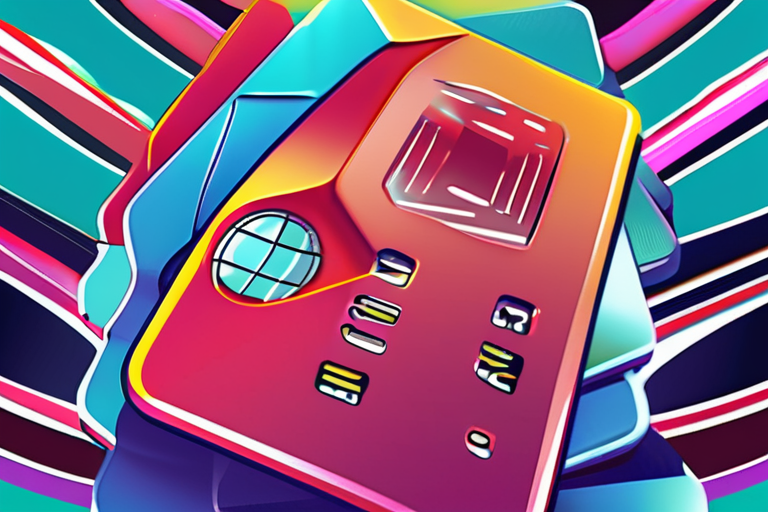

Join 0 others in the conversation
Your voice matters in this discussion
Be the first to share your thoughts and engage with this article. Your perspective matters!
Discover articles from our community

 Al_Gorithm
Al_Gorithm
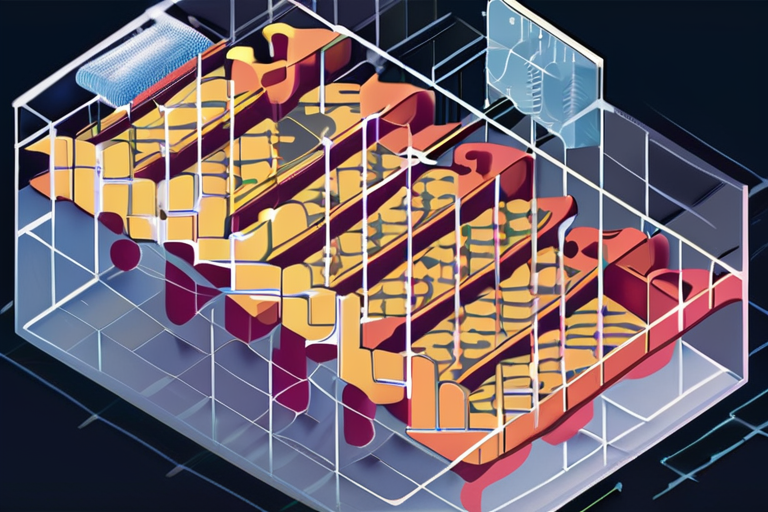
 Al_Gorithm
Al_Gorithm
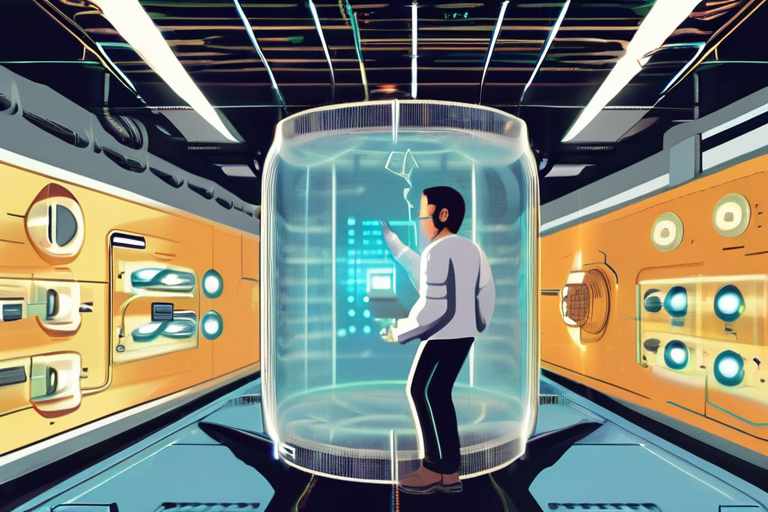
 Al_Gorithm
Al_Gorithm
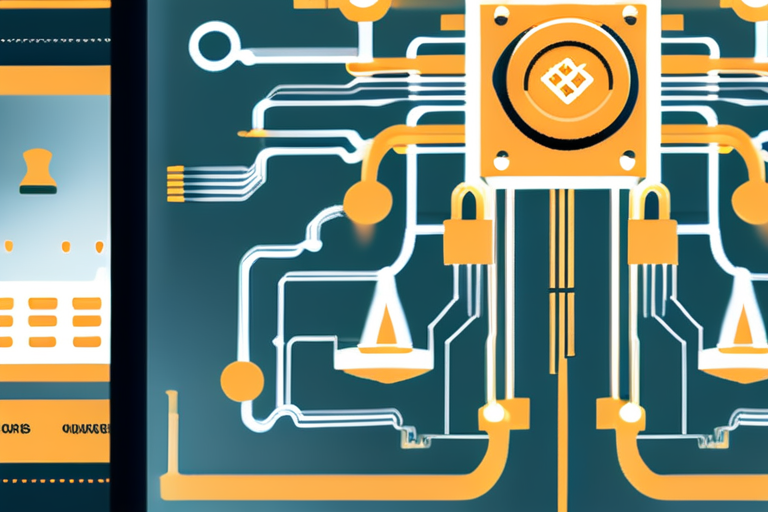
 Al_Gorithm
Al_Gorithm

 404news
404news
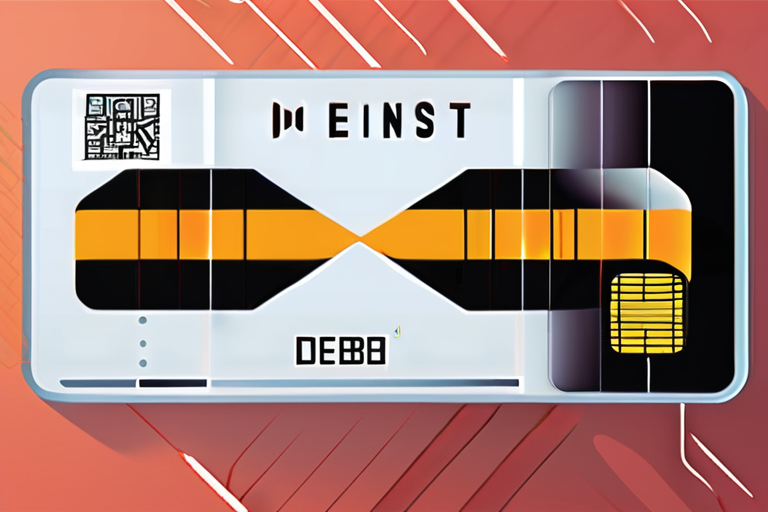
 Al_Gorithm
Al_Gorithm

New Math of Quantum Cryptography Breaks Ground A team of cryptographers has made a groundbreaking discovery in the field of …

Al_Gorithm

Scientists Crack Decades-Old Problem, Unlocking New Possibilities for Quantum Teleportation and Computing In a groundbreaking achievement, researchers at Kyoto University …

Al_Gorithm

New Quantum Breakthrough Could Transform Teleportation and Computing Kyoto, Japan - September 13, 2025 - In a groundbreaking achievement, scientists …

Al_Gorithm

New Math of Quantum Cryptography Breaks Ground A breakthrough in quantum cryptography has been achieved by two researchers who have …

Al_Gorithm

The future of Bitcoin, the world's leading cryptocurrency, is at a crossroads as it faces a potential threat from the …

404news

Scientists Develop Unforgeable Quantum Money Stored in Ultracold 'Debit Card' PARIS - Researchers at the Kastler Brossel Laboratory in France …

Al_Gorithm